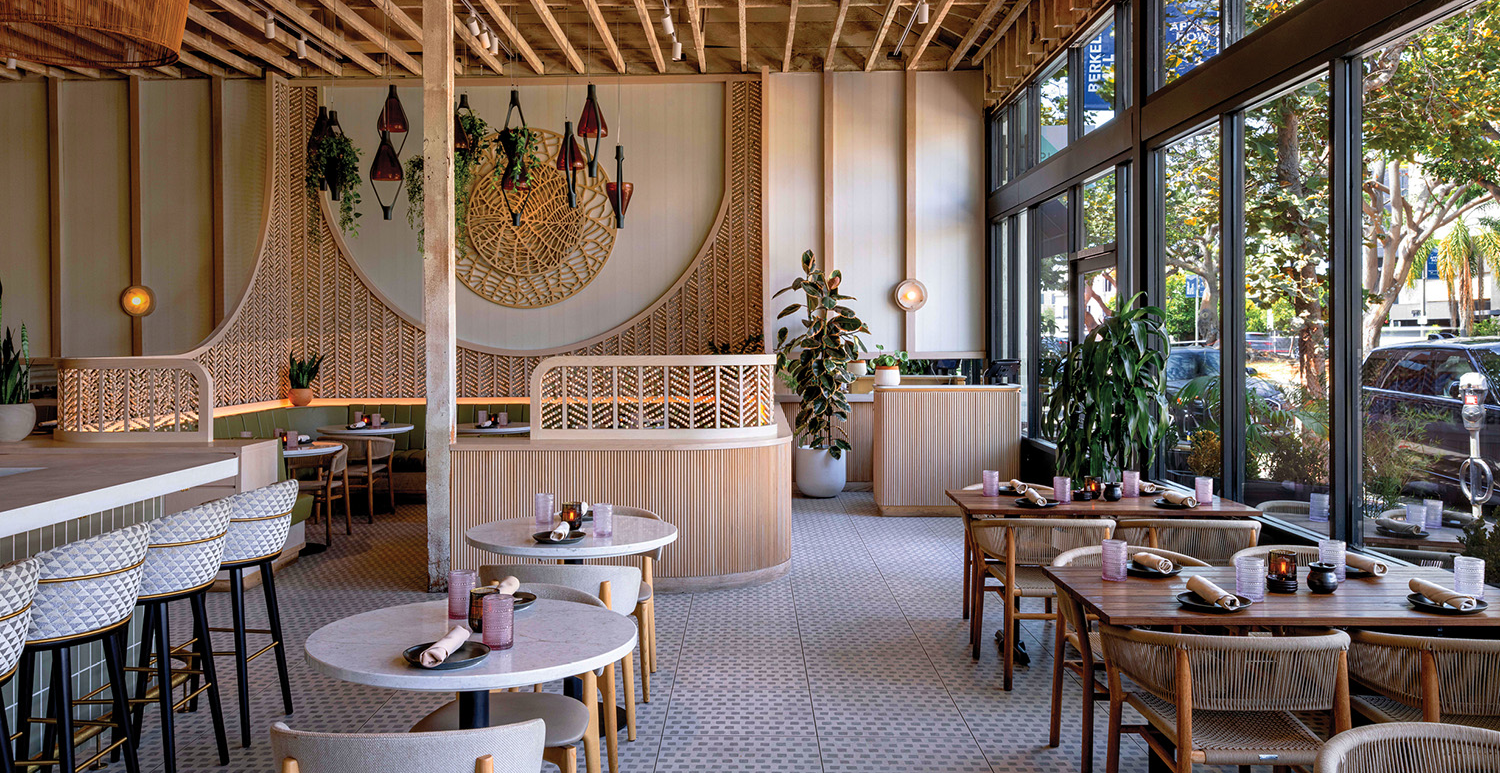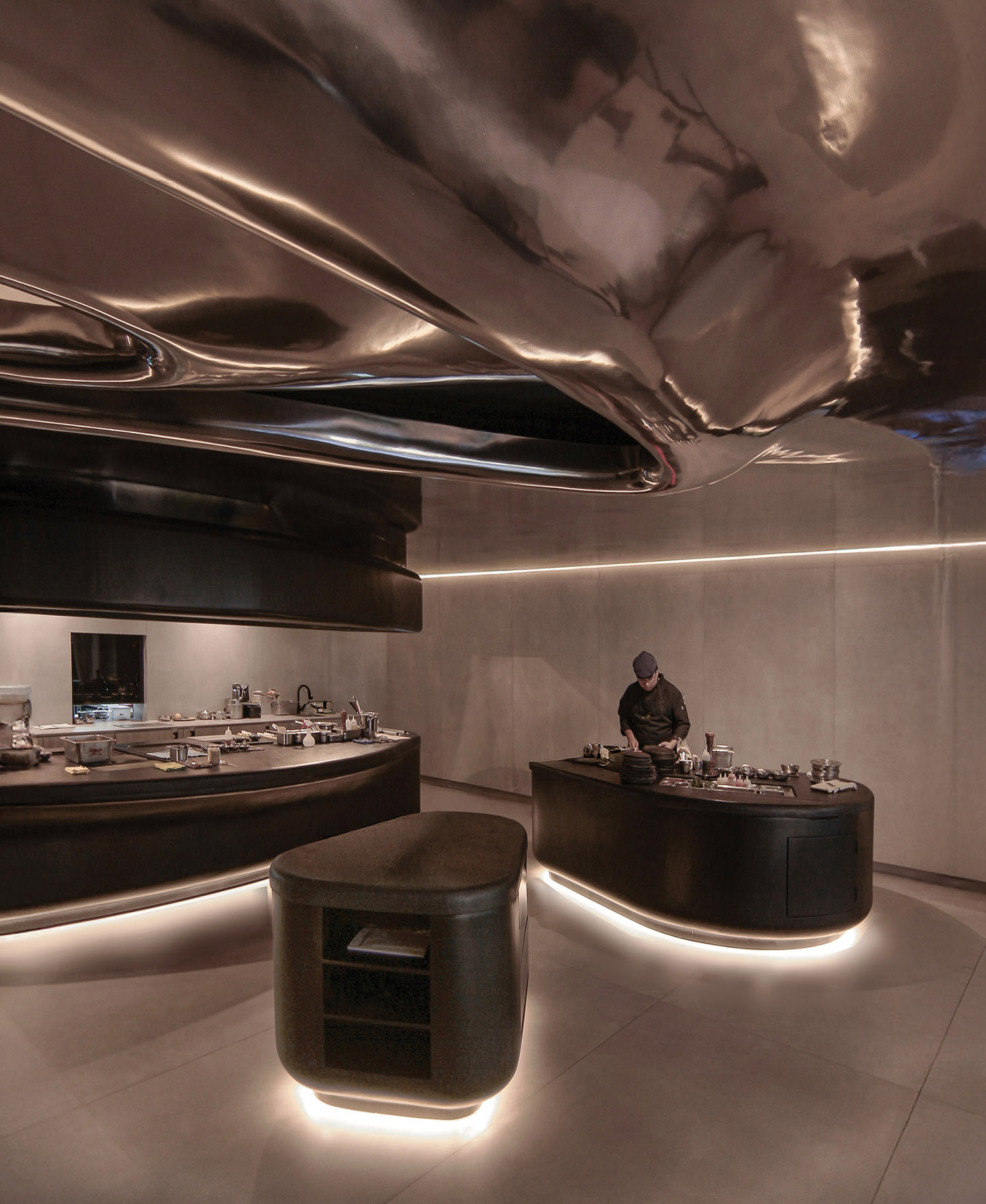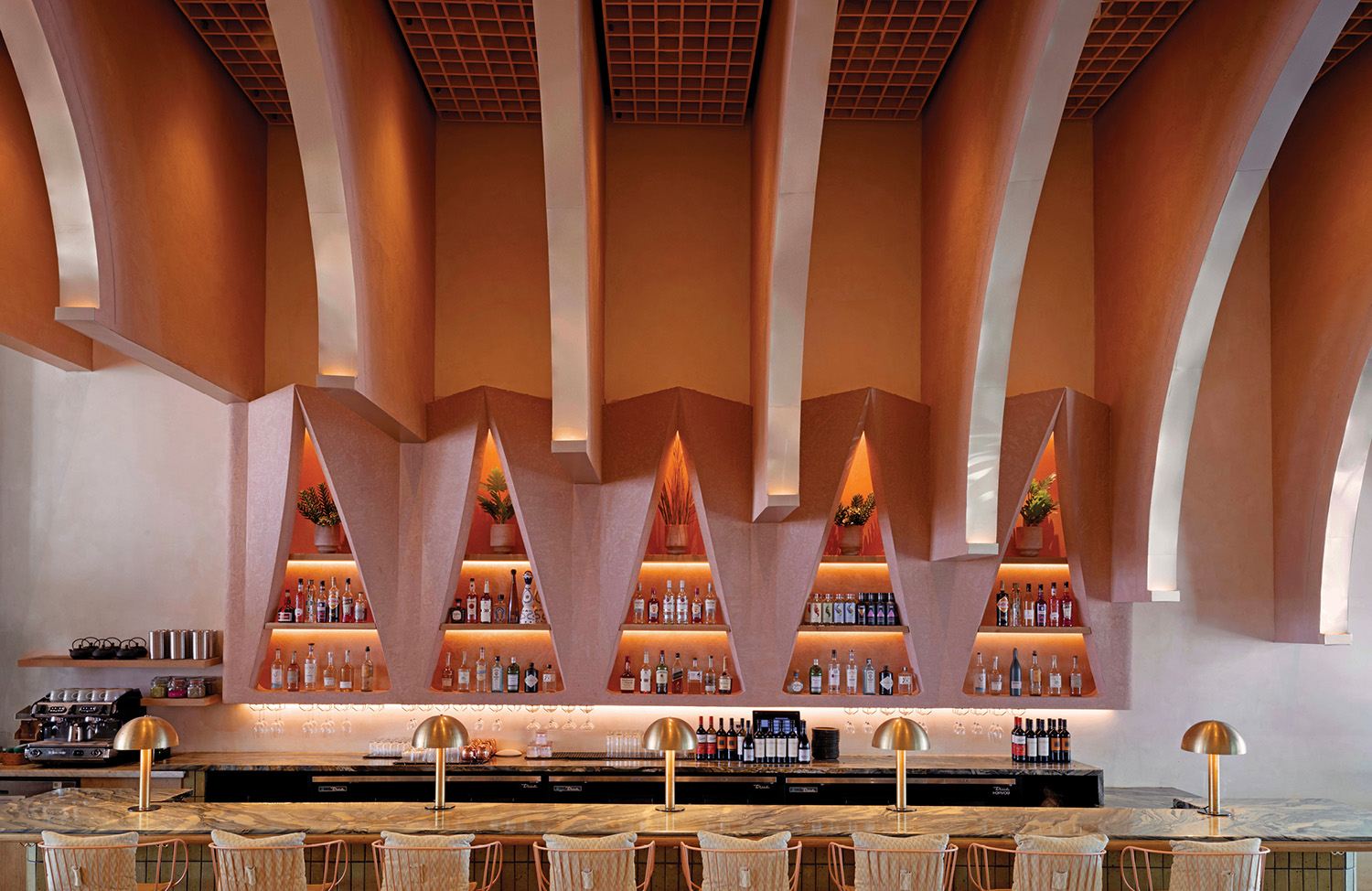Maya Lin’s Spectral Installation in a New York Park Sends an Environmental Message
Maya Lin’s spectral installation in a New York park is an environmental message for the future.

For its annual public art program, the nonprofit Madison Square Park Conservancy in New York commissioned Maya Lin’s Ghost Forest, her site-specific commentary on ecological issues, which involved trucking in cedar trees to the 6-acre park from New Jersey’s Pine Barrens, where they’ve been severely damaged by extreme weather events related to climate change.

The Atlantic white cedars, once the dominant species along the Atlantic seaboard and now reduced to under 10 percent of their original habitat, were lifted into place using a crane after being razed, to make way for new plantings and their regeneration, since the trees need access to open light to repopulate.

After ensuring they were beetle-free, the trees were placed into deep holes dug by a mini excavator.
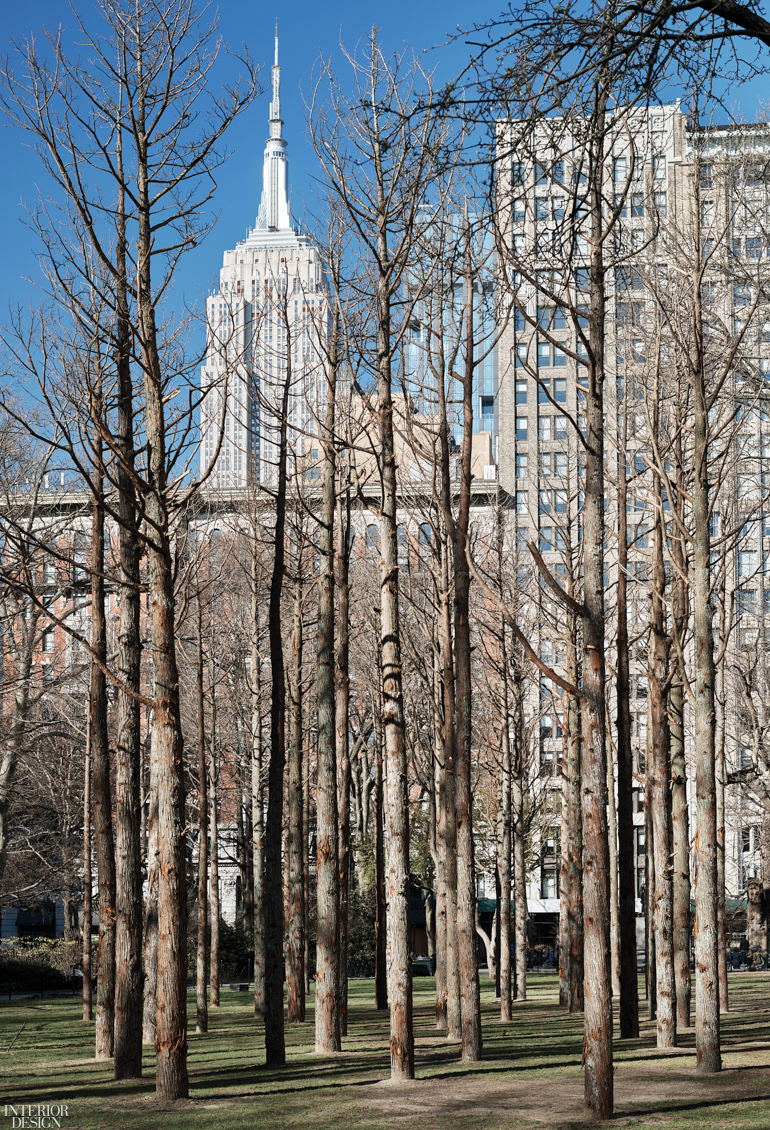
Accessed via a QR code on a smart phone, visitors can play a soundscape, composed by Lin in collaboration with the Cornell Lab of Ornithology, that weaves together the calls and songs of native animal species once common in Manhattan.
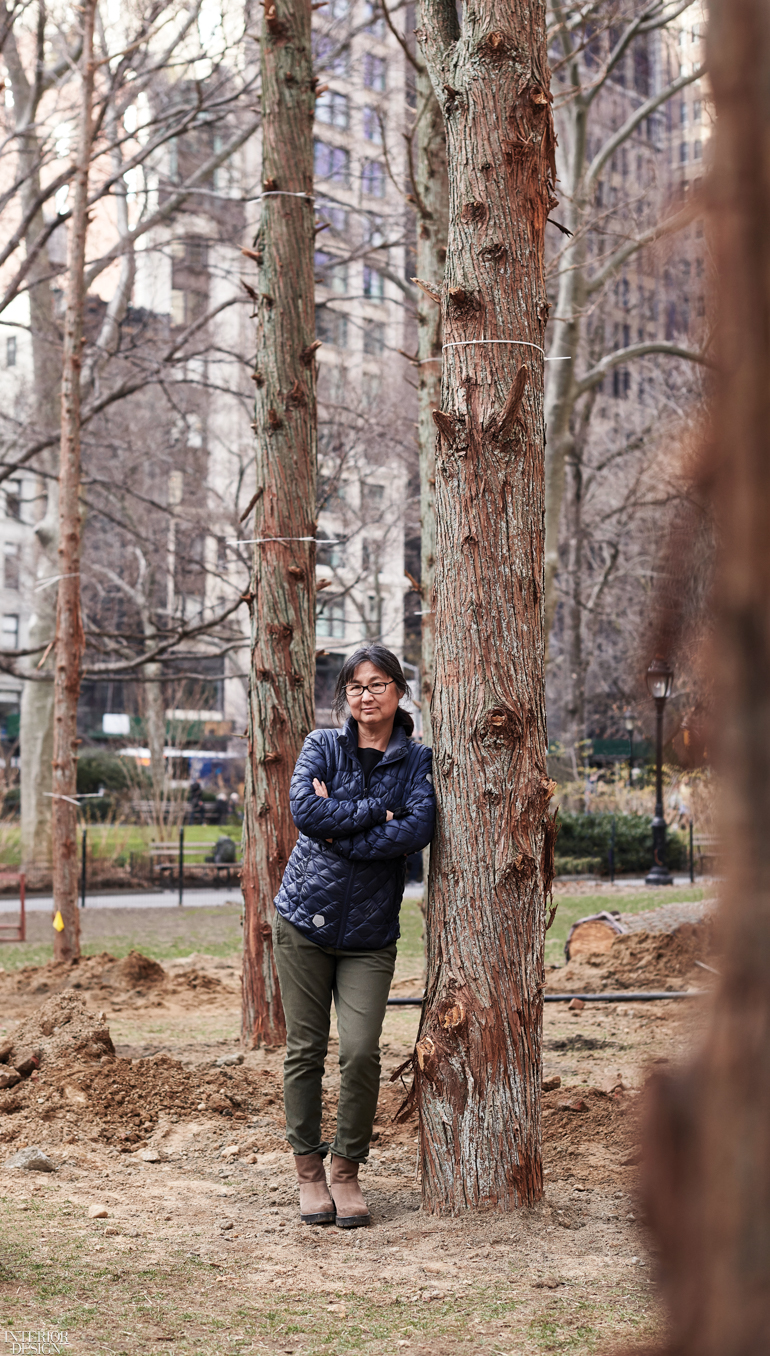
Ghost Forest builds on the practice of Lin, an architect and artist who addresses loss and climate change in her work and handpicked each tree in the installation.
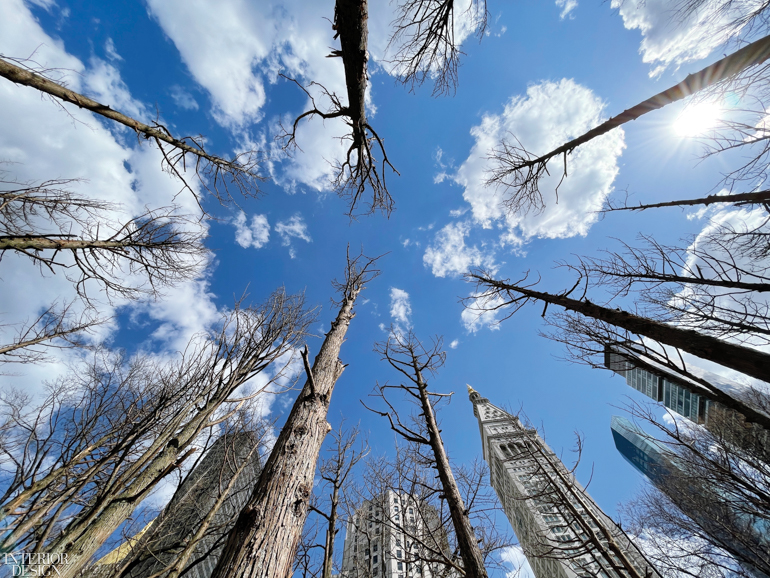
The project, which originated when Lin saw an actual ghost forest—the term for a vast tract of once-verdant woodland that has died off—outside her Colorado studio, is in Madison Square Park through November 14 and will culminate with the planting of 1,000 native trees and shrubs throughout the city’s five boroughs, including Van Cortlandt Park in the Bronx and Prospect Park in Brooklyn.
